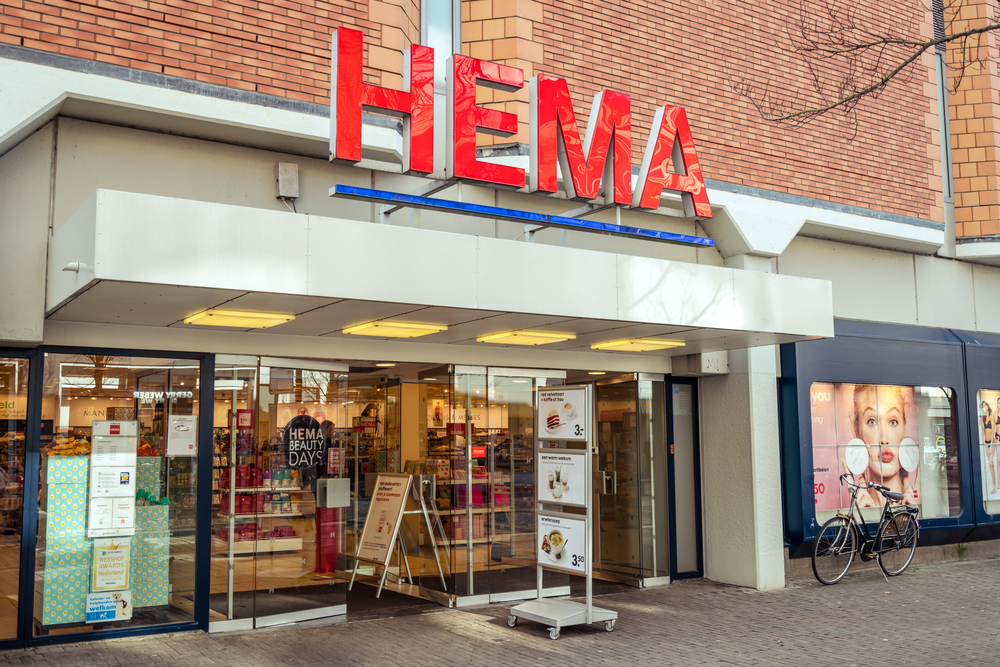If you live in one of the Netherlands’ big cities, you may have noticed that more and more employees in major stores don’t speak Dutch.
And indeed, you’re onto something! Dutch stores across various industries have started hiring English-speaking staff. If you’ve looked into “English speaking jobs in the Netherlands” yourself, then this is good news. 🥳
According to the NOS, for several industries, there are many more non-Dutch jobs to come.
De-Dutchifying Dutch stores
But why this “anglicisation“? You guessed it: a shortage of workers. The tight labour market leaves Dutch employers no choice but to hire more internationals.
At Zeeman, speaking Dutch used to be a requirement for employees. These days, however, plenty of English speakers are able to work there, so long as their manager is able to communicate with them.
READ MORE | ‘No English on the tram’: Push for public transport announcements to be Dutch only
The same goes for Hema. The beloved Dutch chain store has taken on a new influx of non-Dutchies. However, a Hema spokesperson assures the NOS that “there is a good balance” between the ratio of Dutch and non-Dutch staff.
A reflection of society
By hiring non-Dutch-speaking employees, companies want to respond to the amount of English that has infiltrated Dutch society. After all, many people in large cities happen to be English-speaking.
READ MORE | Why are the Dutch so good at speaking English?
If you’re an English speaking job-hunter in the Netherlands, you may want to shoot your shot with these places. 👇
- Jumbo
- Action
- Lidl
- Dirk
- Albert Heijn
- Plus (though they prefer Dutch speakers, they won’t turn down English-speaking candidates if they are fit for the job.)
As for those small, independent retailers, they’re usually in the habit of demanding Dutch-speaking employees.
How do you feel about the Netherlands getting more non-Dutch-speaking employees? Share your thoughts in the comments below.




In my opinion, this is a horrible trend.
First and foremost the employee should be able to communicate in Dutch to accommodate any native speakers, who may or may not have a working knowledge of the English language.
Being fluent in an additional language could be beneficial as an employee.
A simple name tag which lists the languages spoken would work well.
it’s hard for foreigners to learn language when they don’t have occasion to worked and talk with dutch people but they working and living with they countrymen
Dutch companies especially if you’re working for an agency are awful to the ex pats. Absolute disgrace. Wouldn’t happen if you were Dutch. Treat them horrendously. Dutch is a difficult language to learn for sure but I’d never work for a Dutch company.
Very good for Dutch economy.Better to have English speaking employee than nothing.
English is such a universal language it’s always weird for me to come across any1 who can’t
The tend has more to do with it being hard to get Dutch native speakers to work in jobs at or close to minimum wage.
Yes there’s a lot of English speakers in major cities but it’s not done to improve customer service. As we al know, there is no English word for gezellig. Just like there is no Dutch word for customer service 😜.
Come to Limburg. I literally can’t find a job because I’m not 100% fluent in Dutch. But I also find it strange because these type of chain stores like supermarkets, use the age card and mostly only hire youngsters. And I don’t think that youngsters are the ones who go through difficulties to find jobs so again, I wonder how this improves anything to the Dutch society. Just seems to be another way that companies found to keep filling the pockets of the shareholders. Because The Netherlands is, at the same time, the Panamá of the EU and it’s biggest capitalist country.